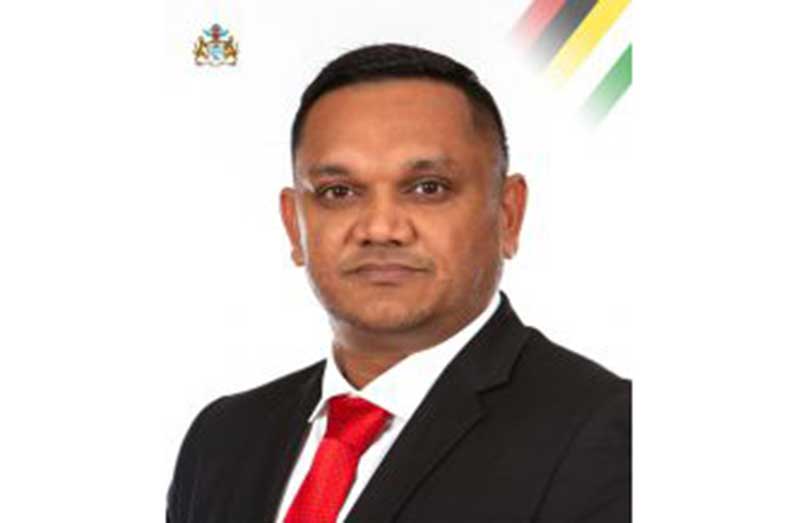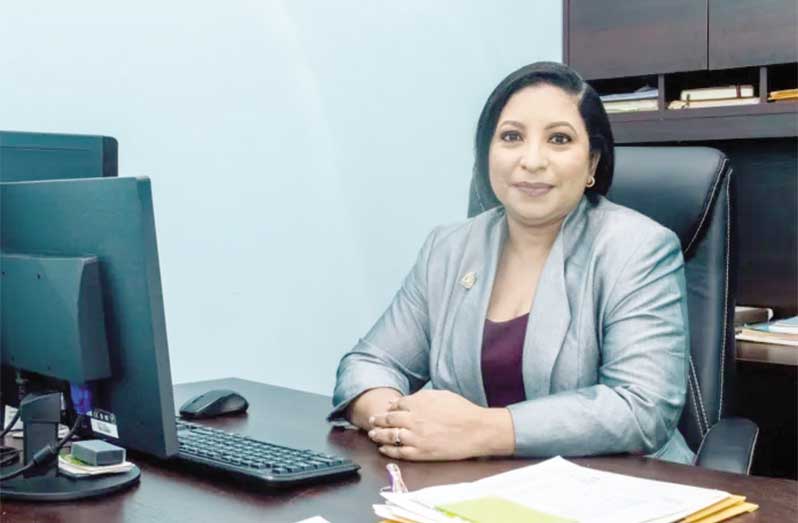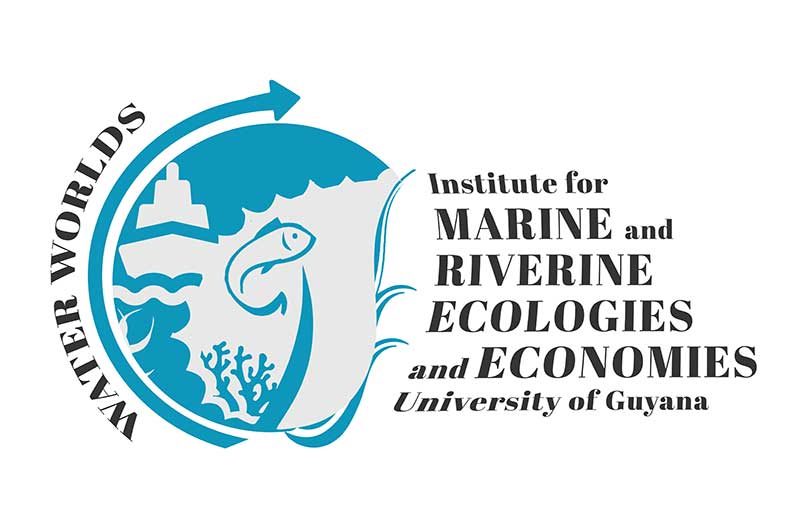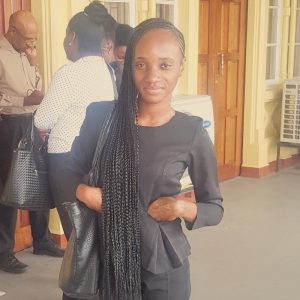aims to churn out 700 graduates in the next four years
THE University of Guyana (UG) has established the Institute for Marine and Riverine Ecologies and Economies (IMAREE), which will provide a range of undergraduate and graduate programmes from the next academic year, in an effort to support both environmental sustainability and economic growth. The university’s Vice Chancellor, Professor Paloma Mohamed-Martin, spoke at the institute’s opening on Monday at the UG’s Berbice Campus, John’s Sciences Centre.
She said that IMAREE’s establishment demonstrates the university’s commitment to promoting sustainable development in accordance with both domestic and international priorities.
With numerous rivers, she pointed out that Guyana’s natural ecosystems are essential to both the environment and the country’s population’s ability to support themselves.
According to her, the institute’s foundation was made possible by government support, and it will play a major role in efforts to address the labour crisis in the maritime and marine industries.
Referencing recent surveys, she said there is a need for between 2,000 and 6,000 workers.
Mohamed-Martin revealed UG’s ambitious objective of graduating 500 to 700 students in the next four years, aiming to address the existing disparity in the marine and maritime industry’s upscale regions. She explained: “This, of course, will range from very simple mechanics, engineers, people dealing with maritime law, people dealing with aquatics, safety, navigation… et cetera. It is a very complex area and, of course, the university is not going to be able to do all. We are just trying to fill the gap that exists in some of the high-end areas…”
When discussing the institute’s distinctiveness, she mentioned its unparalleled incorporation of rivers, oceans, coastal work, and ecologies, making it the sole institution of its kind worldwide.
“Meaning everything about the waters with studying the economics of the areas. So, it is very unique in this regard and we have to work continuously with a lot of people.”
According to Professor Mohamed-Martin, the university decided to establish IMAREE at its Berbice site because enrollment there has fallen short of what it had hoped for.
She emphasised that having at least one graduate per household by 2040 is one of the university’s objectives, and it does not only mean one graduate per household on the coast but one graduate per household nationwide. “If you want to develop a country, you have to make sure that everybody… at least one of those households has an ability to uplift that entire family and create a model for those looking on,” the Vice Chancellor reasoned.
She noted that the university has chosen to send students to study specific fields at the Berbice campus, which is celebrating its 20th anniversary this year, in order to make the most of its resources.
Minister of Natural Resources, Vickram Bharrat, praised the university for establishing the institute and mentioned that it will encourage both economic and conservation efforts.
He pointed out that the programmes being offered by the institute are perfect for Guyana’s emerging economy. In order to draw in more young people who are interested in studying the pure sciences and technology, he urged stakeholders to create interest in these fields.
“Otherwise, we will suffer as a country. We need young people to start studying in those areas. We have one of the fastest growing oil and gas economy in the world. But we may not have enough people to work in the sector in a few years from now,” Minister Bharrat noted.
He called the launch of IMAREE “timely and necessary” in light of the rapid growth Guyana’s economy has been experiencing. The natural resources minister stated, “Port management, risk assessment, and health and safety, especially, would be key areas as we move forward. That is the path in which we are travelling towards in a new Guyana. In the past, nobody studied these things because there were no jobs available. Today, there is much, much more…”
The minister pointed out that the Institute for Marine and Riverine Ecologies and Economies “ties in wonderfully” with the country’s Low Carbon Development Strategy (LCDS) of 2030, which has been extended to create a blue economy and expand the country’s protected areas.
Starting in the 2024–2025 academic year, IMAREE will offer a range of programmes including a Bachelor of Science in Marine Biology, Port Management, Port Security, Marine Transportation, Marine Engineering, and Coastal, Riverine, and Ocean Management. Additionally, the institution will provide a Post Graduate Diploma and a Master’s Degree in Maritime Law, as well as both Bachelor’s and Master’s degrees in Marine Bio Pharma.
The mandate of IMAREE is to collaborate with various institutions at the university, national, and international levels to address the gaps in marine and riverine ecosystems, education, training, publications, innovation, and consulting services.



.jpg)








